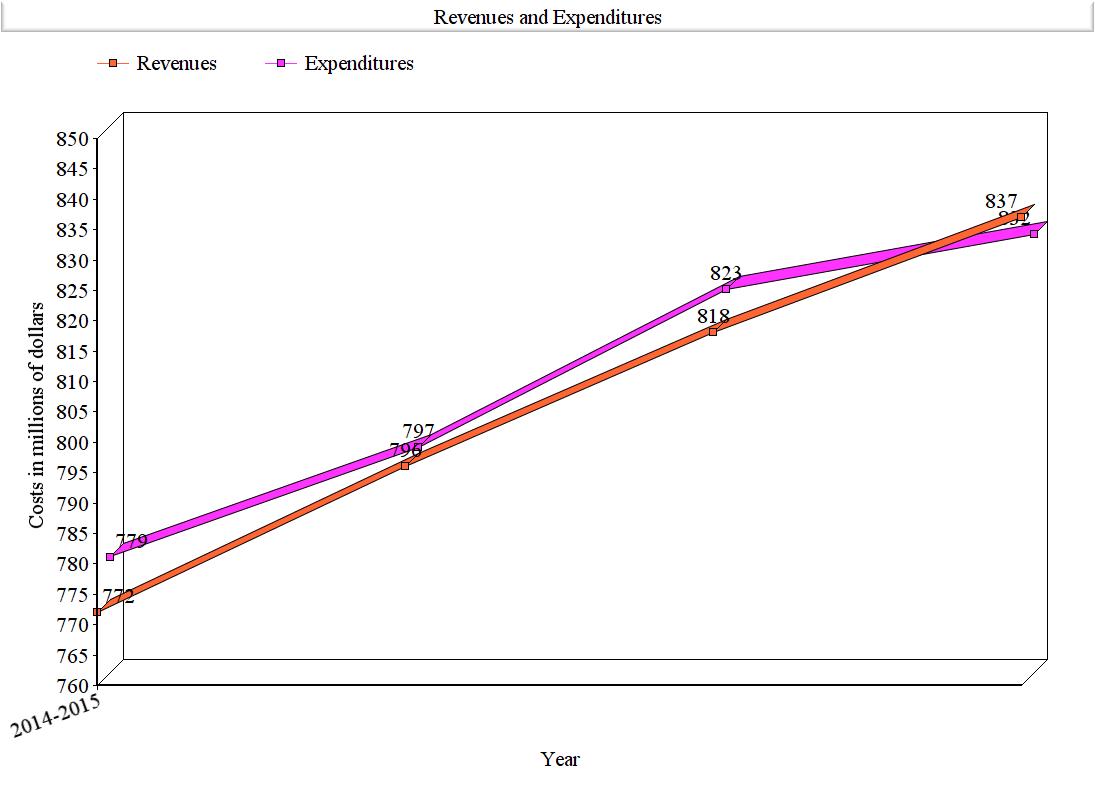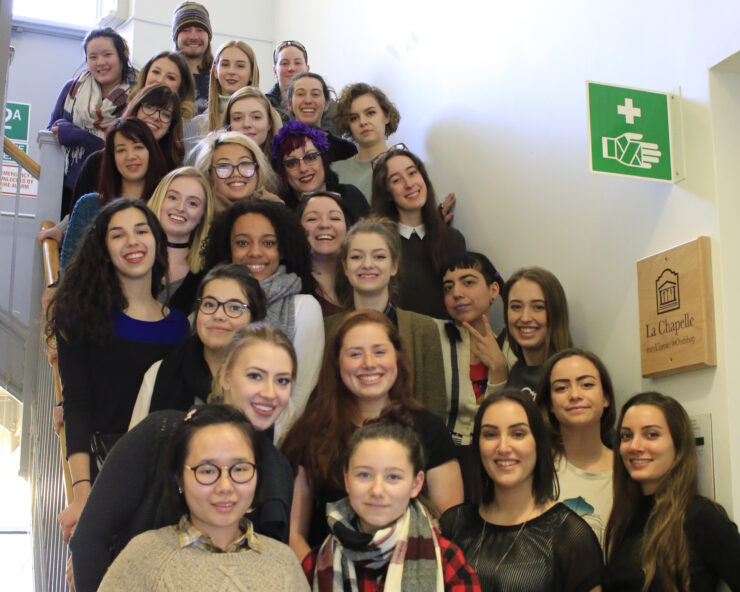Funds will do more good for students spent on projects under university control
In a recent Board of Governors (BOG) meeting university president Allan Rock announced that the university plans to take faculty surpluses to help pay off the university’s $7.6-million deficit. This money given to the faculties by the university to pay for their operations.
According to Andrew Taylor, vice-dean of undergraduate studies for the Faculty of Arts and BOG member, teaching money is divided out by the university while there is a possibility for individual facilities to bring in income through research and direct donations.
Some members of the BOG have been upset by this, and worry that taking these surpluses will make it harder for the faculties to hire new staff members. However, the reality is that this money will do the most good for students if it’s in the hands of the university.
Faculties are responsible for the academic success of admitted students, including creating courses, building relationships with universities abroad and hiring staff.
The university administration has the power to invest in the projects that can make a long-term difference in the lives of all students, regardless of which faculty they choose to study within.
These include all of the current construction sites on campus, for which you can thank university administration, not the closest faculty. These construction projects aren’t cheap, and in fact are some of largest expenditures for the university.
Another example is the dining hall, which was funded by the university.
These projects are important for the revitalization of the university, even if they seem like an annoyance to students on campus now. The dining hall needed to be modified, and more residences are needed to keep housing as an attractive feature for incoming students.
It’s no secret that Ontario universities across the board have been facing financial difficulties, a fact that is readily acknowledged by many, including Allan Rock. In fact, some of these very projects may be put on hold to try and keep the finances in order, according to media representative Néomie Duval.

Graph: David Campion-Smith.
There are certainly changes that can be made to increase university revenue, including increasing enrolment, something the university has been keeping at a steady rate for years.
However the university can only let in a certain amount of students until the campus becomes crowded, and faces a shortage of numerous essential services including study spaces and housing.
Taylor said that Ontario universities as a whole are facing serious financial issues, which is why the BOG is prepared to vote for tuition increases.
One of the possible downsides to this plan is the fact that faculties may now feel the need to rush their budget spending to avoid major losses should the surplus strategy be used.
No one is advocating that the money shouldn’t be distributed across campus, but rather that whatever amount is left over gets used to help the entire school.
Faculties need a budget in order to maintain operations and provide what they do for students, but that doesn’t mean that they should be given the ability to not spend and then stockpile that money.
While the faculties do provide important and necessary services to the students of U of O, the reality is that sometimes sacrifices have to be made in order to keep large scope projects going.
Correction: A previous version of this story incorrectly stated the University of Ottawa’s 2015-16 deficit as $17 million. This number was based on budget projections from the 2012-13 year. The most recent budget has the deficit listed as $1.9 million, but the university has said their revised estimate is $7.6 million. The article has been updated to reflect this change. The Fulcrum sincerely regrets the error.





